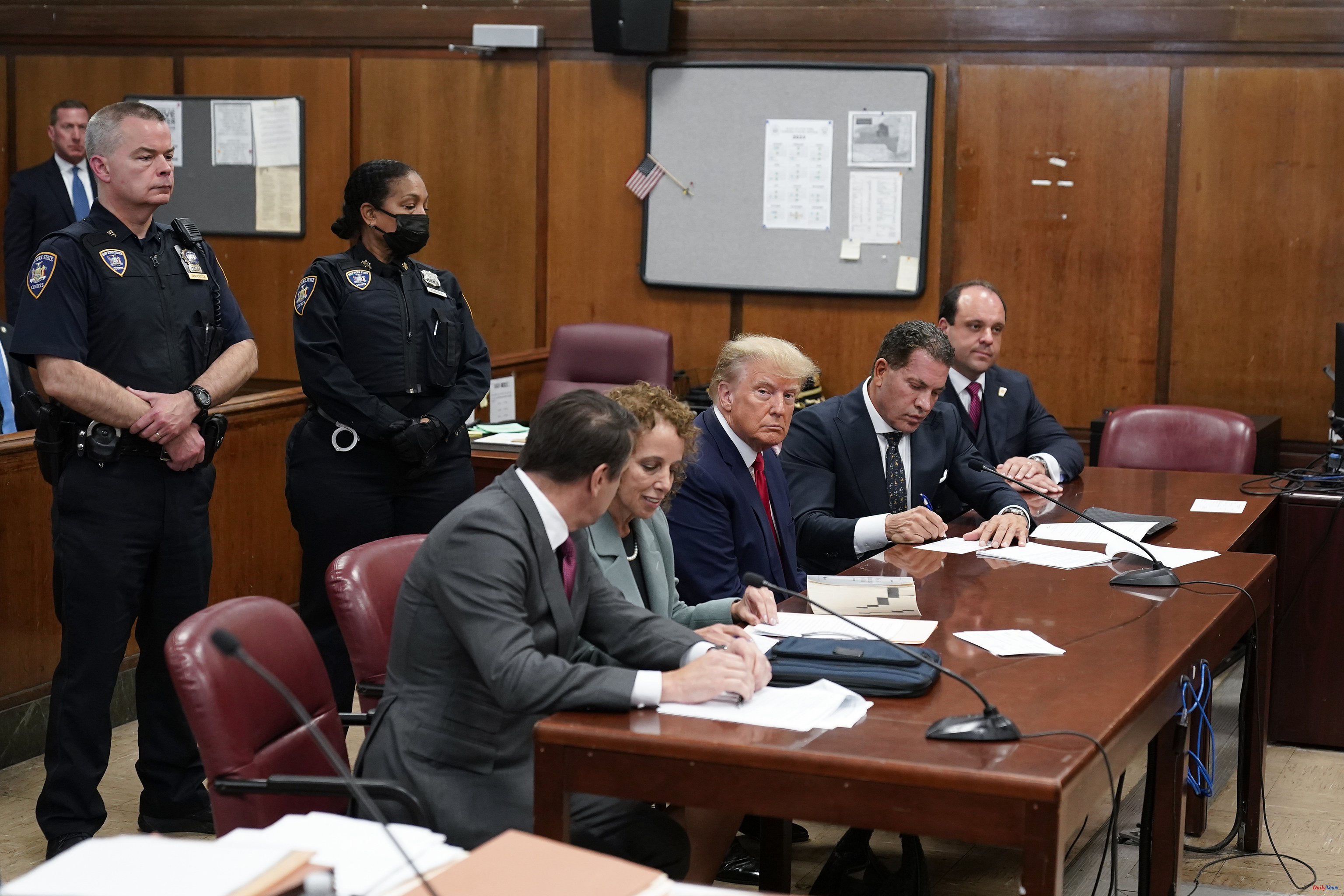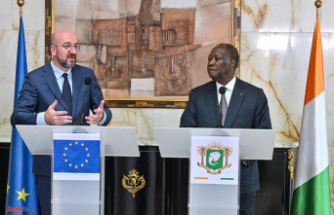Donald Trump's 'thank you' can be quite expensive. After paying five million dollars to E. Jean Carroll, who won a trial against the former president for sexual abuse and defamation earlier this month, the writer asked the judge for new compensation for a mockery that the tycoon gave her in a meeting televised after the verdict was known.
On May 9, after a civil trial, a New York jury sentenced Trump to pay compensation of five million dollars to Carroll for having sexually abused her years ago and for having subsequently defamed her when she publicly denounced the facts.
The former president rejected the guilty verdict and said he did not know the woman, and he reiterated this in a meeting with citizens organized by CNN the following day, about which Carroll already warned that he was considering filing another defamation lawsuit.
"I swear on my children that I have no idea who this woman is. It's a false, invented story," said the Republican, who also took the opportunity to mock her, calling her "crazy" to applause and laughter from an audience mainly made up of by his supporters.
Rather than file a new lawsuit, Carroll's attorney, Roberta Kaplan, today filed papers with the court seeking to amend a different defamation case against Trump than the one in the won lawsuit, which is dated 2019 and pending, to include those comments televised by CNN.
The attorney said her client is seeking "very substantial punitive damages" after Trump "repeated many of the defamatory comments for which the jury had just found him liable the day before," according to the documents.
The 2019 defamation case, involving statements Trump made while he was president, is on hold following an appeals process and awaiting a judge's ruling on whether it can proceed.
According to the criteria of The Trust Project












